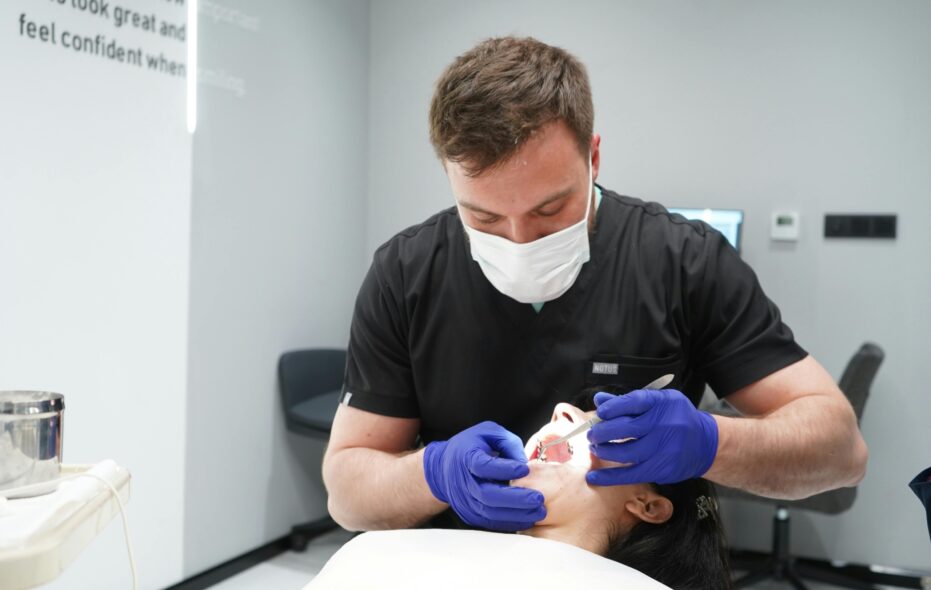 Menu
Menu
 Menu
Menu

Emergency Dentist Quick Care When You Need It Most. Emergencies can strike at any moment, and dental emergencies are no exception. When faced with sudden dental pain or injury, knowing where to turn for prompt and reliable care is crucial. This guide will walk you through everything you need to know about emergency dentists, including what constitutes a dental emergency, how to find emergency dental care near you, and why having access to an emergency dentist is essential for your oral health.
Dental emergencies encompass a range of issues that require immediate attention to alleviate pain, prevent further damage, and preserve oral health. These emergencies may include severe toothaches, knocked-out teeth, cracked or fractured teeth, abscesses, and injuries to the soft tissues of the mouth.
Some of the most common dental emergencies include:
Prompt dental care is essential in addressing dental emergencies effectively. Delaying treatment can exacerbate pain, lead to further complications, and even result in permanent damage to the teeth and gums. Seeking immediate care from an emergency dentist can help alleviate discomfort and prevent long-term consequences.
In the event of a dental emergency, it’s important to take the following steps:
You should seek emergency dental care if you experience:
When searching for an emergency dentist, consider:
Emergency dental clinics are equipped to handle urgent dental issues outside of regular office hours. While regular dental offices may offer emergency appointments, they may not always be available at short notice. Choosing a dedicated emergency dental clinic ensures timely care when you need it most.
Assembling a dental emergency kit can help you be prepared for unexpected dental issues. Your kit should include:
Understanding your dental insurance coverage can help alleviate financial concerns during a dental emergency. Familiarize yourself with your policy’s coverage for emergency services, including copays and out-of-pocket expenses.
Knowing that you have access to emergency dental care provides peace of mind, allowing you to go about your daily activities without worrying about dental emergencies derailing your plans.
Having an emergency dentist ensures timely treatment and relief from dental pain, helping you get back to your normal routine as quickly as possible.
Dental emergencies can be stressful, but having access to an emergency dentist can make all the difference. By understanding what constitutes a dental emergency, knowing where to find emergency dental care, and being prepared for unexpected situations, you can ensure that you receive prompt treatment when you need it most. Don’t wait until it’s too late—take proactive steps to protect your oral health and be prepared for any dental emergency that may arise.
We offer discreet and effective
teeth straightening with Invisalign®